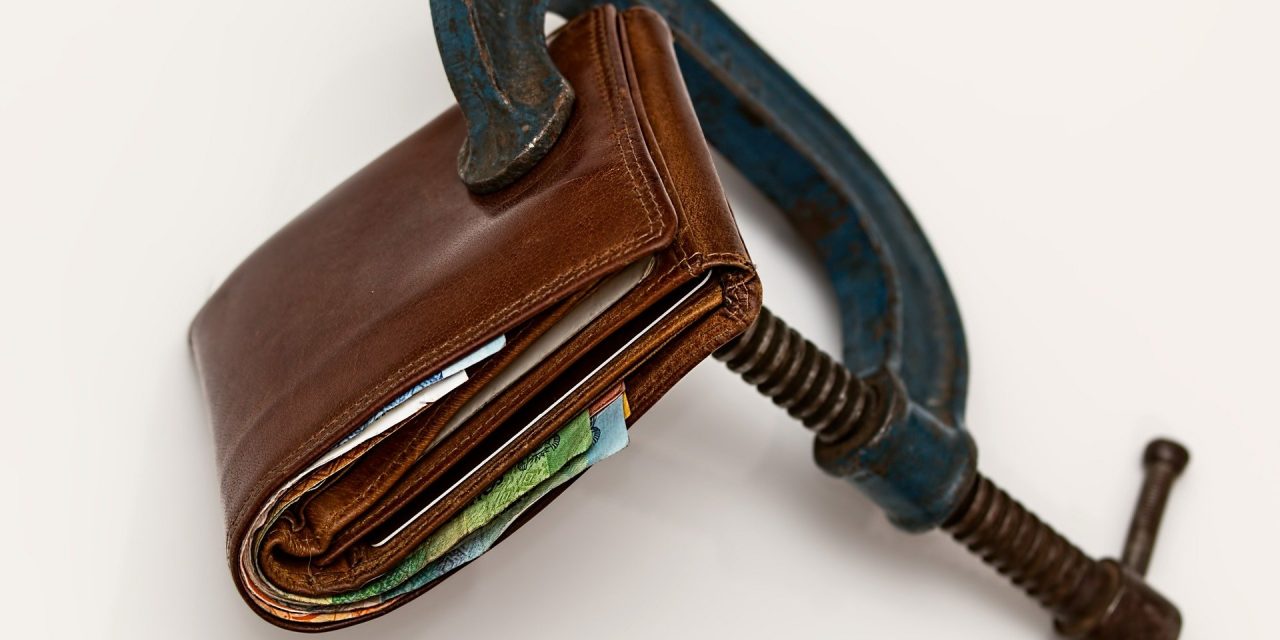The IVA or (Individual Voluntary Arrangement) was introduced in 1986 as an essential piece of legislation which allows you to avoid the ordeal of declaring bankruptcy. It suits many people who are over £50,000 in debt, provided that they are in regular employment.
An IVA is a legally binding agreement which stops any further action from your creditors. Once you’ve committed to an IVA, you could become debt-free in 5 years. With an IVA you agree with your creditors to pay only what you can afford in a single payment each month over a period of five years. Your creditors agree to write off your debt which you’re not able to repay and they will then leave you alone.
IVA Pros
1: Private individuals on their own or with a partner, and sole traders can all qualify for an IVA.
2: It is a legally binding agreement which means you will be protected from further action by your creditors
3: You can safeguard your property (unlike in bankruptcy).
4: The IVA normally runs for five years
5: It runs for a fixed period (usually for five years), but sometimes less if people’s circumstances change for the better
6: You are allowed to open a regular bank account with no overdraft facility so you are in control of your finances
7: In an IVA all you pay is the amount you can realistically afford, each month for the period of your arrangement (usually 60 months), and that is literally all you have to pay as long as you keep up the payments. In return, your creditors agree to write off the debt you can’t afford to repay and pay our fee out of the payments you have made to them
IVA Cons
1: If your total unsecured debt (e.g. credit cards, loans, etc but excluding mortgage if you have one) is less than £15,000 you will not qualify
2: If you fail to keep to the terms of the IVA your creditors can take further action, and this may result in bankruptcy.
3: If you have equity in your house (i.e. it is worth more than you paid for it) you will have to make best endeavours to remortgage towards the end of your IVA and release funds to your creditors. Don’t forget, your creditors are still writing off the debt you can’t afford to repay and the alternative could well be bankruptcy whereby you could lose your property altogether.
4: The IVA stays on your credit history for one year after your IVA ends. This may affect your credit rating although some lenders view your proven ability to make regular payments over 60 months favourably
5: In some cases, it could run for six years (approximately 5% of cases)
6: You are not allowed to borrow during your IVA
7: If you fail to keep to the terms of the agreement, your creditors can take further action, and this may result in bankruptcy.





